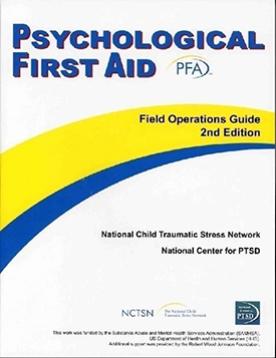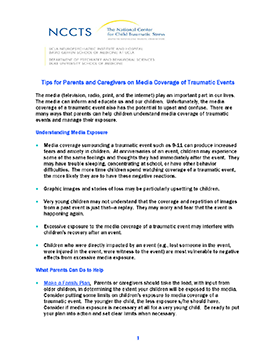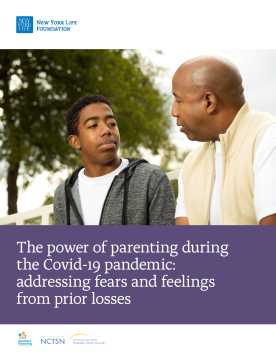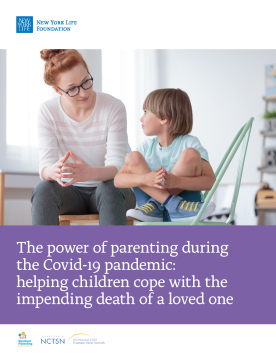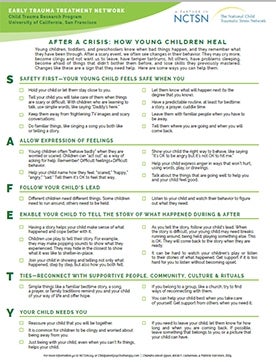Public health is the science of protecting and improving the health of people and their communities. This work is achieved by promoting healthy lifestyles, researching disease and injury prevention, and detecting, preventing and responding to infectious diseases. Overall, public health is concerned with protecting the health of entire populations. These populations can be as small as a local neighborhood, or as big as an entire country or region of the world (Center for Disease Control and Prevention, 2020).
When public health emergencies occur, there is rapidly evolving information that may be confusing and lead to feelings of anxiety. In the event of an outbreak in your community, your first concern is about how to protect and take care of yourself, your children and your family. Knowing important information about the outbreak and learning how to be prepared can reduce your stress and help calm likely anxieties.
These resources will help you think about how an infectious disease outbreak or pandemic might affect your family— both physically and emotionally—and what you can do to help your family cope in times of public health emergencies.
